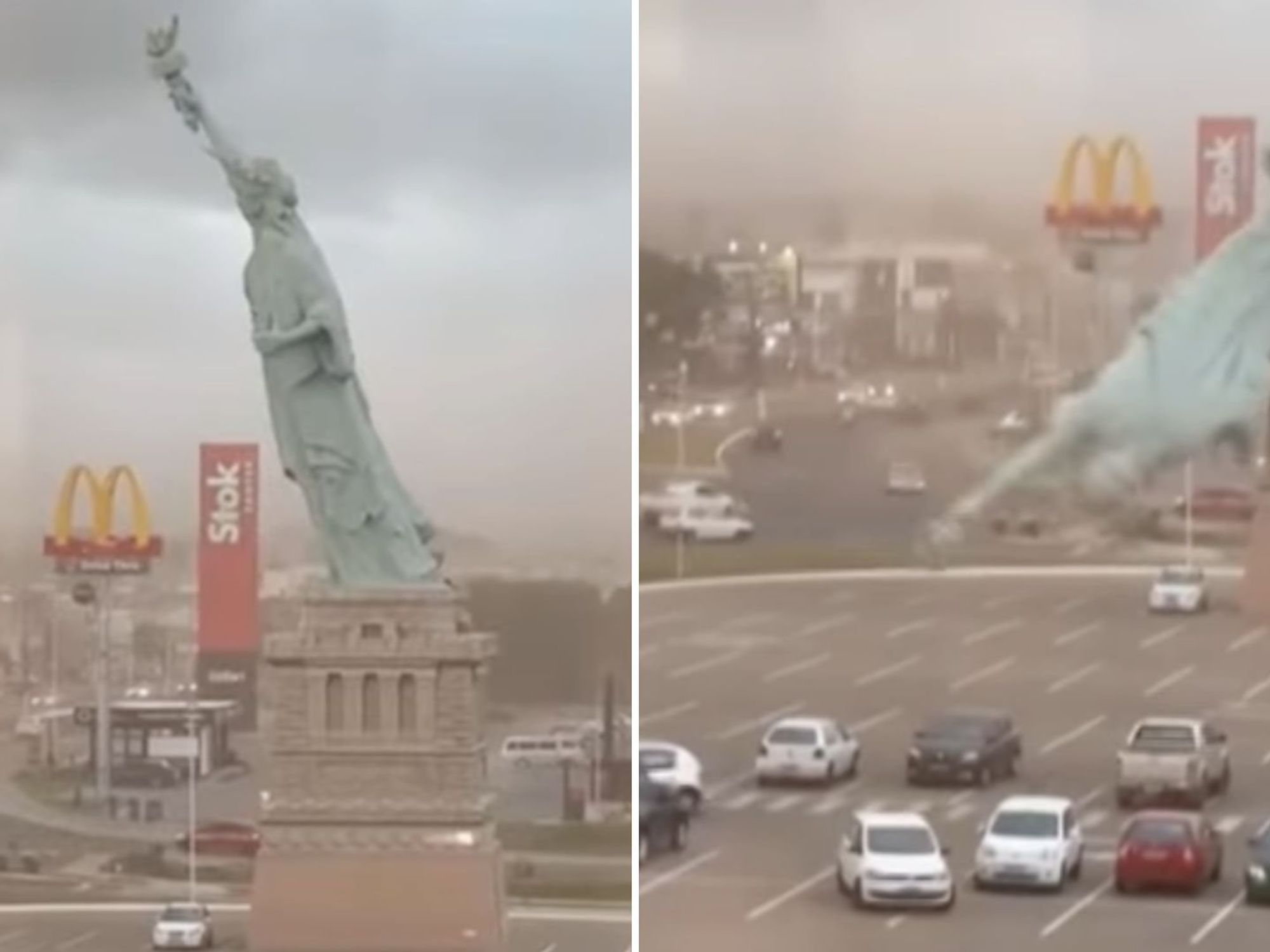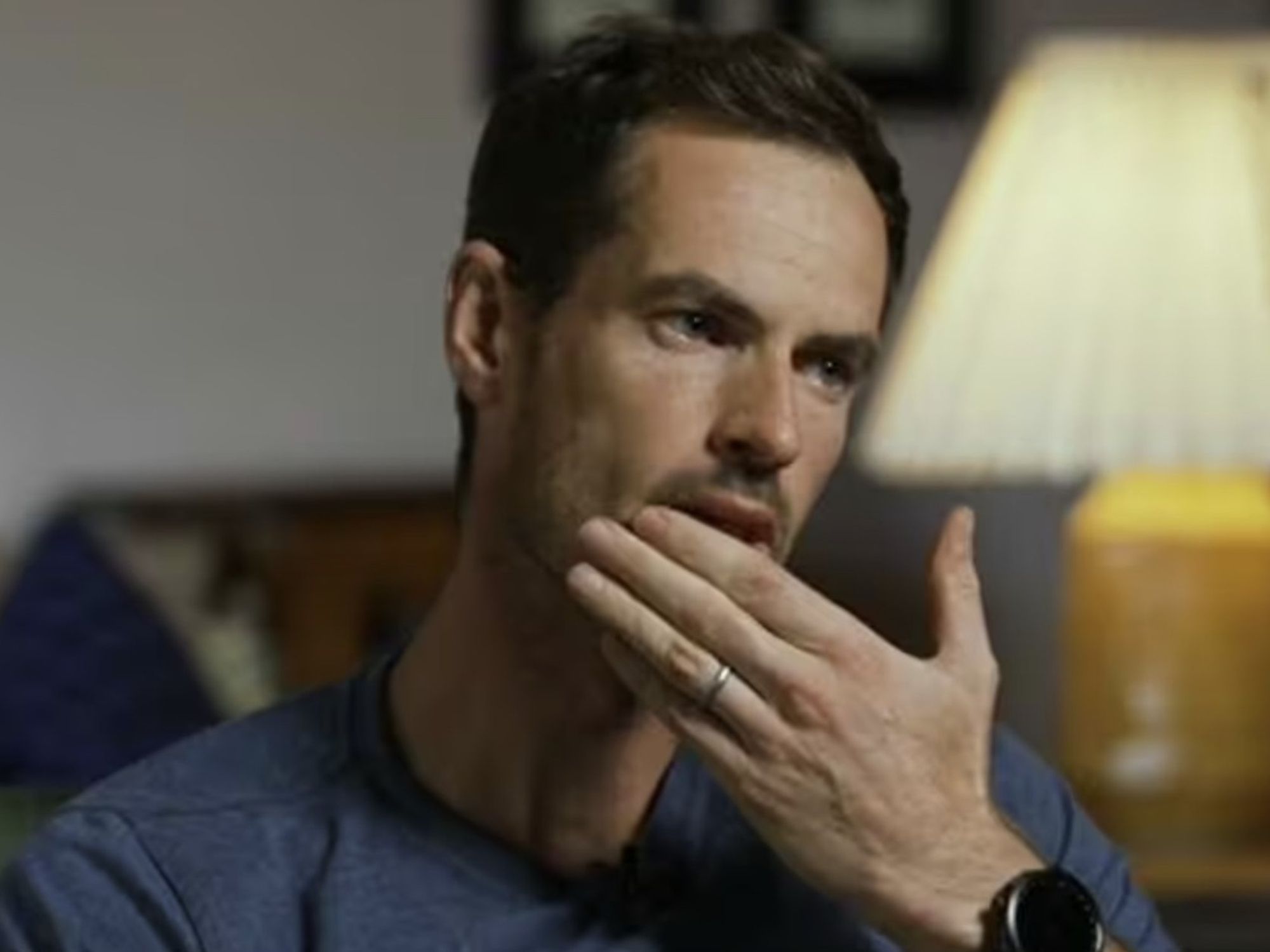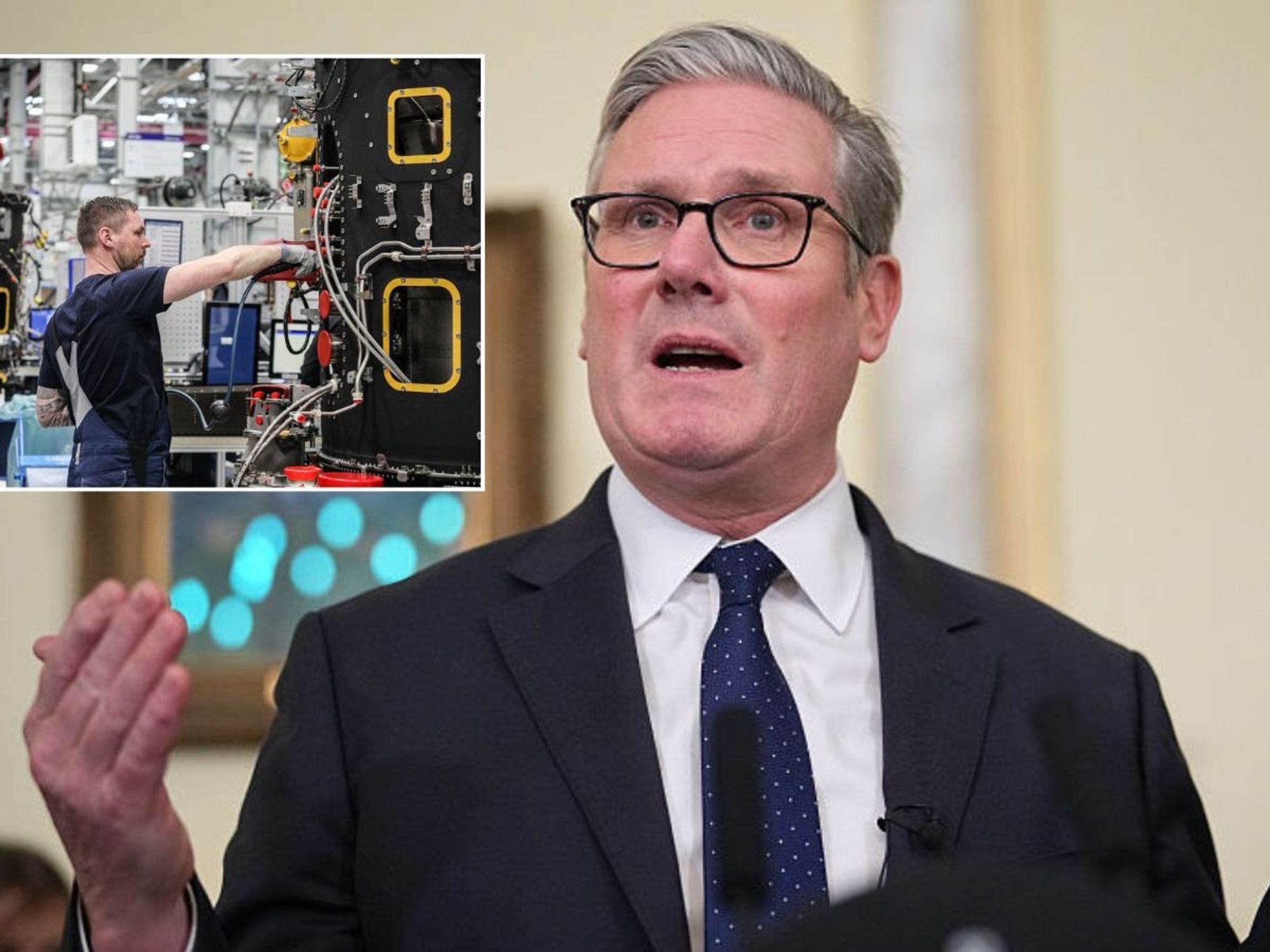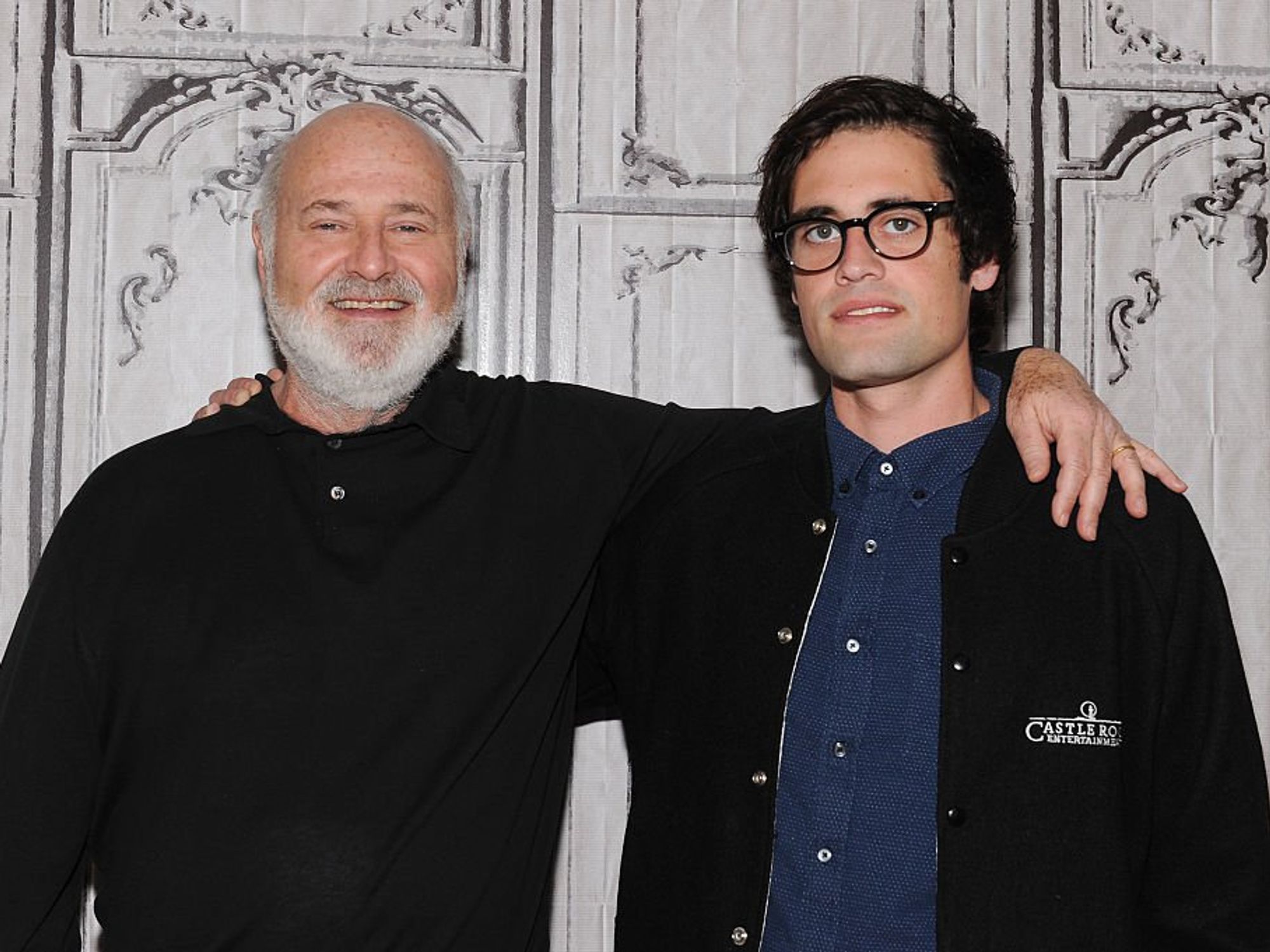It's baffling MPs are ignoring obvious solution to controlling our borders, says Nigel Nelson
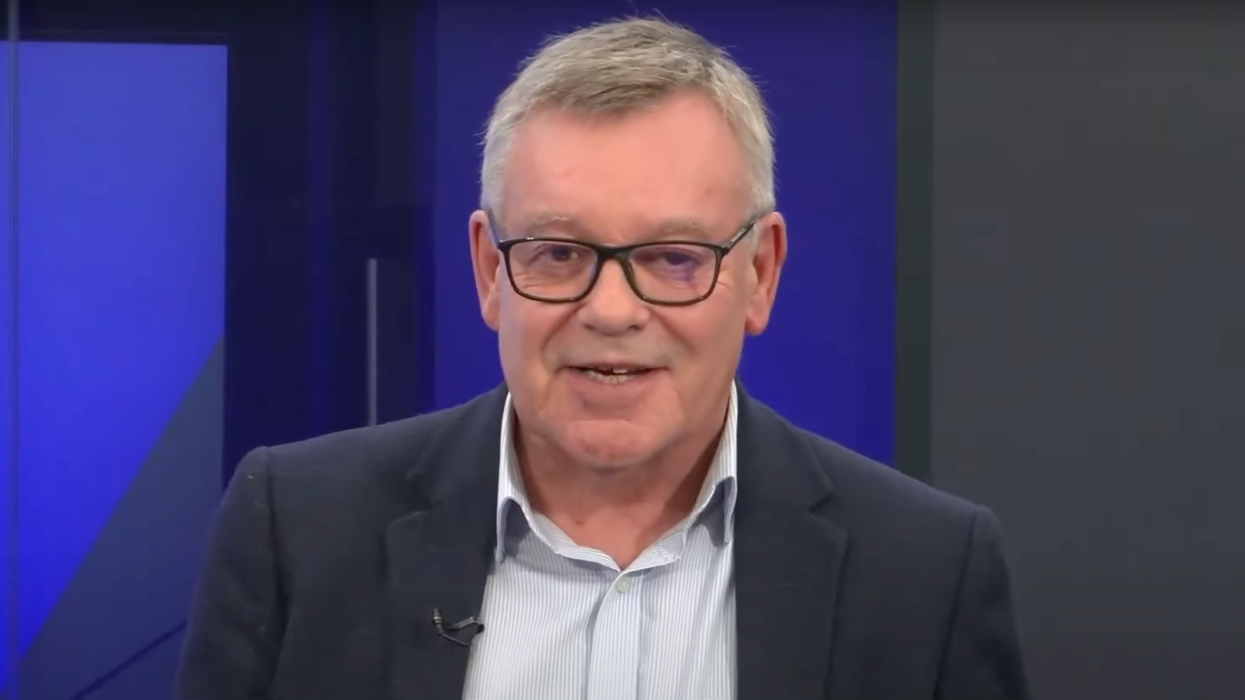
Rishi Sunak is after a solution to Channel crossings
|GB News

One of Rishi Sunak’s five key pledges is to end all Channel crossings
Don't Miss
Most Read
Everyone wants to stop rubber dinghies crossing the Channel, right? Right. And that includes the migrants who climb into them at Calais, and the charities which support them.
Only parents who are foolhardy or desperate would load their kids into vessels little more robust than inflatable garden paddling pools to make such a perilous journey.
One of Rishi Sunak’s five key pledges is to end all crossings and his Illegal Migration Bill that has been making its tortuous way through the Commons this week with a final version expected in May.
From the PM’s point of view, so far so good. He dodged expected rebellions as some of the 89 pages of amendments tabled by MPs melted away.
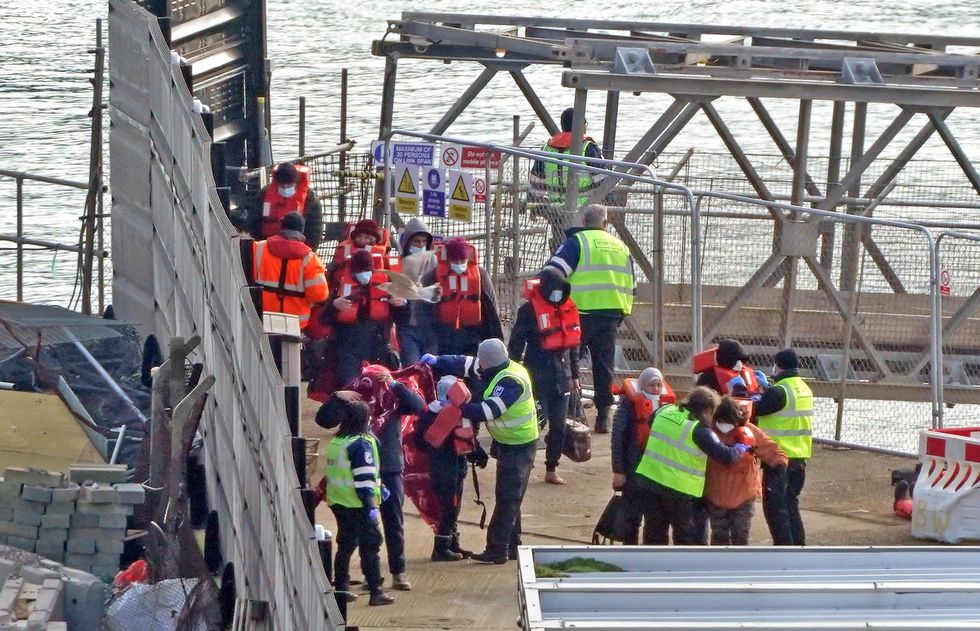 The Government have brought in new legislation to tackle the rise in channel migrants | PA
The Government have brought in new legislation to tackle the rise in channel migrants | PATories Danny Kruger and Sir Bill Cash called a ceasefire on their demands to ignore rulings by the European Court of Human Rights which could block removals to Rwanda. No10 breathed a sigh of relief. Mr Sunak does not want to join Russia in being thrown out of the ECHR.
At the more migrant friendly end of the scale Tory Tim Loughton backed down on his insistence that safe and legal routes should be set up as an alternative to the Channel. He was promised concessions by immigration minister Robert Jenrick.
The issue is not whether the trade in people traffic should end but how best to stop it. A start would be to avoid some of the unnecessarily hostile language being used.
Refugees are not illegal migrants, though that’s what they may become if they try to avoid the authorities when landing on a Kent beach and disappearing into the black economy.
Every refugee starts out as an asylum seeker - although not all asylum seekers are genuine refugees. An empty pocket is not reason enough for seeking sanctuary in Britain. The prospect of death or persecution in homelands is.
The only illegal bit is arriving in Britain without travel documents, but under international law that is trumped by being an asylum seeker. Afghan interpreters are hardly going to pop home for paperwork with the Taliban hot on their tails.
The 1951 UN Refugee Convention, to which the UK is a signatory, does not distinguish the means by which refugees get here to apply for asylum. So there is nothing illegal about hopping on a small boat. Which would make the Illegal Migration Bill aptly named. It may itself turn out to be illegal.
Mr Sunak is right that there is no silver bullet to stopping the 45,700 migrants who walked ashore last year. Bunging France half a billion quid to lock some up may help, but gangsters will still open up people smuggling routes.
The deal we had with the EU before Brexit to take back asylum seekers who have already registered in one of the 27 member states before entering Britain would also cut numbers but might take time to renegotiate.
This is not a remoan about Brexit, by the way, but we should acknowledge that losing that facility was a consequence of it. We have such an agreement with Albania which is why the Home Office can boast of so many flights heading back to Tirana.
No flights to Rwanda, though, and the Government has really tied itself up in knots over this one. Suella Braverman says asylum accommodation is so wonderful there she is minded to incorporate the decor in her own home.
In which case why is Rwanda a deterrent to Channel crossings? If it really is the land of milk and honey the Home Secretary claims, asylum seekers would be queuing up to cop a place on a small boat just to nab a free flight there.
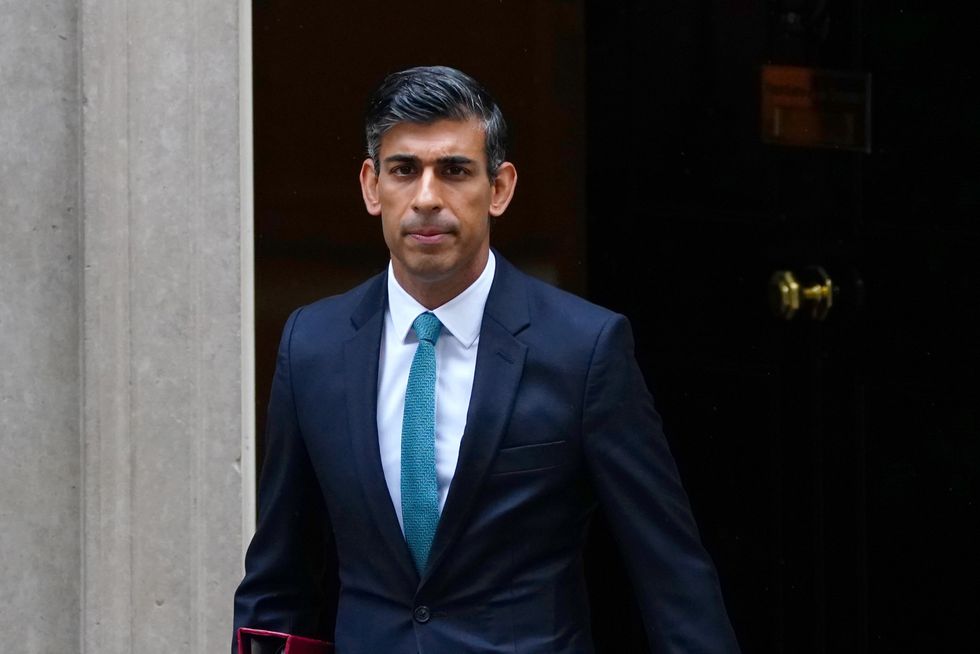 Rishi Sunak is committed to the Rwanda migrant plan | GB News
Rishi Sunak is committed to the Rwanda migrant plan | GB NewsThere is certainly a question mark over whether Rwanda’s president Paul Kagame really is one of the good guys.
His support for machete-wielding M23 rebels currently raping and murdering their way through neighbouring Congo is a cause for concern, one raised by the EU and France while Britain’s response remains disturbingly muted.
With 100 million people now on the move worldwide because of war and famine, migration is a global problem which needs a long term solution. And it is that our two main political parties are not addressing.
Refugees looking to Britain for a new home do so because either they have friends and family here or speak English. And they come to Calais in search of dinghies because they can only claim asylum once they are physically in Britain.
If they are to be persuaded to go elsewhere it is that which must change.
It is true there are safe routes into Britain - but only if you fall under specific settlement schemes. Which is how 144,600 Ukrainians, 144,000 Hong Kongers and 23,000 Afghans made it here last year. We have also welcomed 20,000 Syrians successfully. But if you originate from anywhere else you are stuffed.
It would be too much to ask our embassies and consulates abroad to process all the asylum seekers who might turn up on their doorsteps.
But the UN High Commission for Refugees could administer such a scheme in one of the many designated camps they run. It’s what Sweden, US, and Canada do.
That does not mean letting everybody in. Those countries also impose strict criteria so successful asylum claims remain relatively small.
But it is the kind of system which would enable us to control our borders and also hold our heads high on the international stage as the just, fair and compassionate nation we are at heart.
And it is baffling that our politicians do not seem to be exploring those possibilities.





